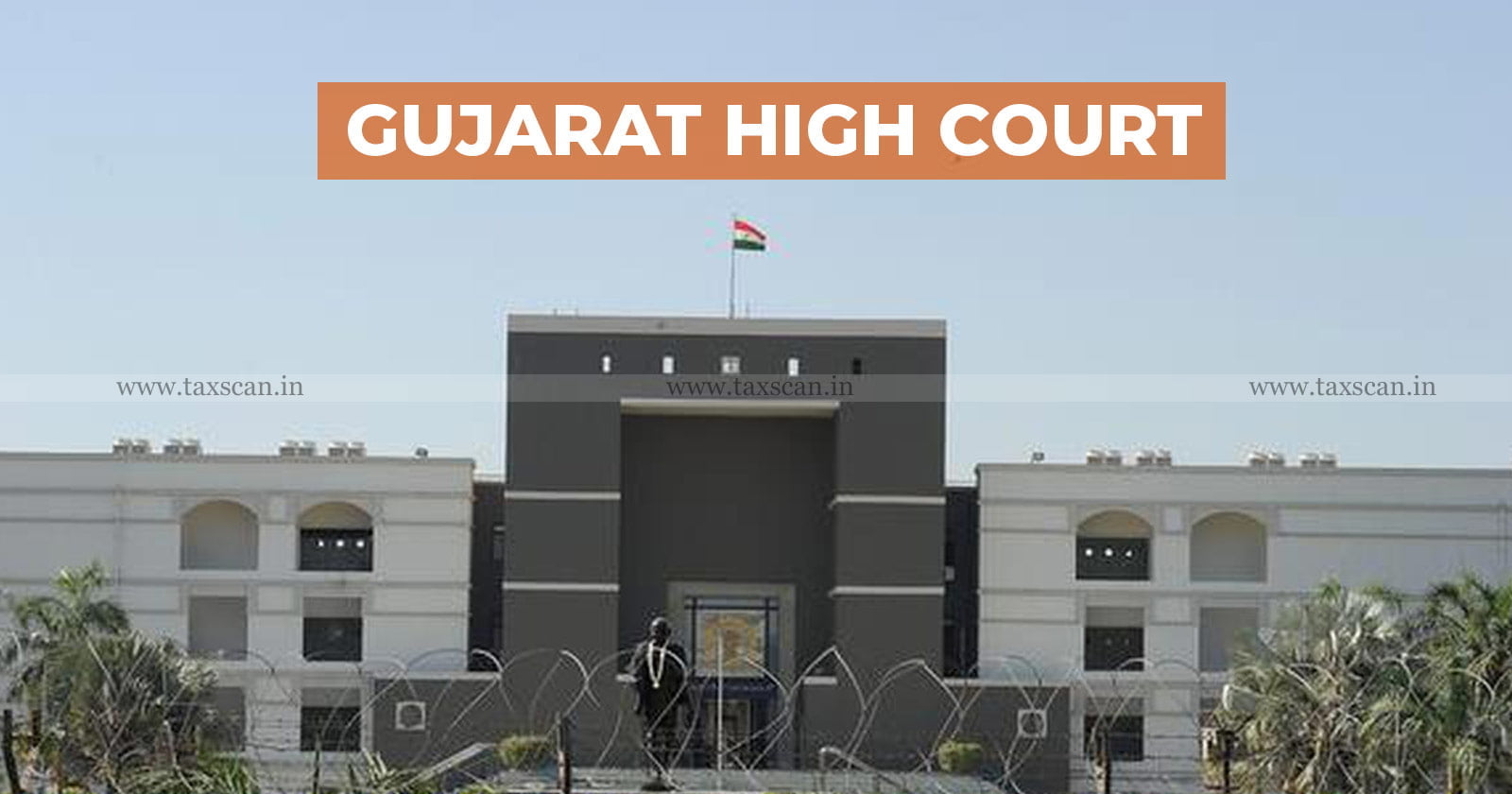SBI has Right to Deny Appointment Based on Poor CIBIL Report and Loan Defaults: Madras HC [Read Order]
The Madras High Court rules that SBI can cancel a candidate’s appointment based on a poor CIBIL report and adverse credit history
![SBI has Right to Deny Appointment Based on Poor CIBIL Report and Loan Defaults: Madras HC [Read Order] SBI has Right to Deny Appointment Based on Poor CIBIL Report and Loan Defaults: Madras HC [Read Order]](https://images.taxscan.in/h-upload/2025/06/26/2054802-sbi-sbi-has-right-to-deny-appointment-appointment-based-on-poor-cibil-report-cibil-report-taxscan.webp)
In a recent decision, the Madras High Court upheld the State Bank of India’s (SBI) right to cancel a candidate’s appointment if they have an adverse credit history and a poor CIBIL report. The court dismissed a writ petition that challenged the cancellation of his appointment as a Circle Based Officer (CBO) based on his past loan defaults and negative credit records.
P. Karthikeyan, the petitioner, had applied for the CBO post under an SBI recruitment notification issued in July 2020. He successfully cleared all stages of the selection process and was issued an appointment order. However, before he could join, SBI reviewed his CIBIL report and found a history of irregular loan repayments, credit card defaults, and multiple personal loan inquiries, which the bank considered a sign of financial indiscipline.
 Also Read:GST Goods Confiscation Matter Involves Disputed Facts: Gujarat HC Refuses to Entertain Writ Petition [Read Order]
Also Read:GST Goods Confiscation Matter Involves Disputed Facts: Gujarat HC Refuses to Entertain Writ Petition [Read Order]
SBI later cancelled the appointment, citing Clause 1(E) of the recruitment notification, which disqualified candidates with poor credit history or adverse CIBIL reports. The petitioner’s counsel argued that the petitioner had repaid his loans before the appointment letter was issued and that, on the date of the recruitment notification, no dues were outstanding. They argued that other candidates with similar issues were allowed to join, and the cancellation was discriminatory.
The UAE Tax Law Is Evolving — Stay Ahead Before Clients Find Someone Who Already Is, Enroll Now
The bank’s counsel argued that Clause 1(E) clearly disqualified anyone with an adverse credit record, regardless of whether the dues were later cleared. They further argued that financial discipline is essential in the banking sector, where employees are entrusted with public money, and that the petitioner’s past defaults and repeated loan inquiries indicated a lack of such discipline.
 Also Read:Purchaser may be Denied GST ITC if Supplier Fails to Remit Tax: Madras HC suggests Offset Printer to avail Appellate Remedy [Read Order]
Also Read:Purchaser may be Denied GST ITC if Supplier Fails to Remit Tax: Madras HC suggests Offset Printer to avail Appellate Remedy [Read Order]
A single bench led by Justice N. Mala observed that SBI’s eligibility criteria were clearly mentioned in the recruitment notification and had not been challenged by the petitioner. The court found that SBI acted within its rights to enforce these standards and rejected the petitioner’s claim that loan repayment at a later stage should qualify him for appointment. The court also found no merit in the allegation of discrimination, as the other candidates cited by the petitioner had satisfied the conditions set out in a specific internal circular.
The court ruled that the petitioner’s adverse credit history justified SBI’s decision to cancel the appointment. It held that the recruitment process must strictly follow the terms of the job notification and eligibility rules. The writ petition was dismissed.
Support our journalism by subscribing to Taxscan premium. Follow us on Telegram for quick updates


